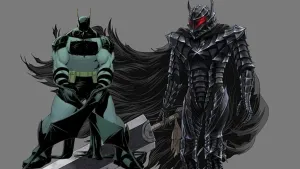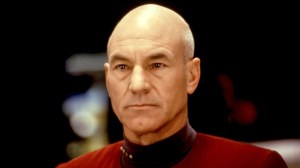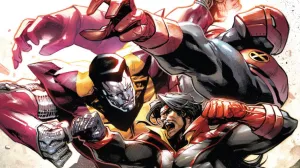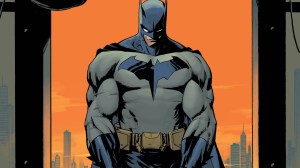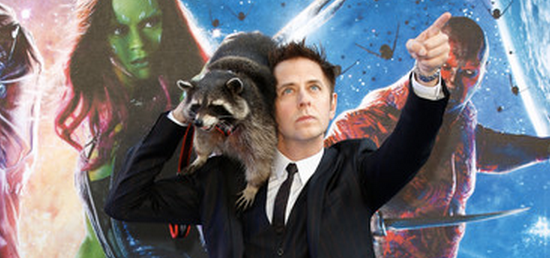
Videos by ComicBook.com
That hasn’t happened, of course, and the film did nearly as much money as Captain America: The Winter Soldier did in its opening weekend — with better reviews and word-of-mouth than any other blockbuster this summer.
Along the way, there was a bit of an echo chamber effect among those excited for the movie that made it difficult to accurately judge its appeal. The clearest recent point of comparison was something like Pacific Rim, the lead-up to which was mostly giddy anticipation, followed by a torrent of lengthy, adoring reviews coming out of the first few screenings. One box office analyst had projected the movie to outperform Man of Steel and it seemed for a minute like that might actually happen, as anyone talking about the film, was talking about it like it was magic.
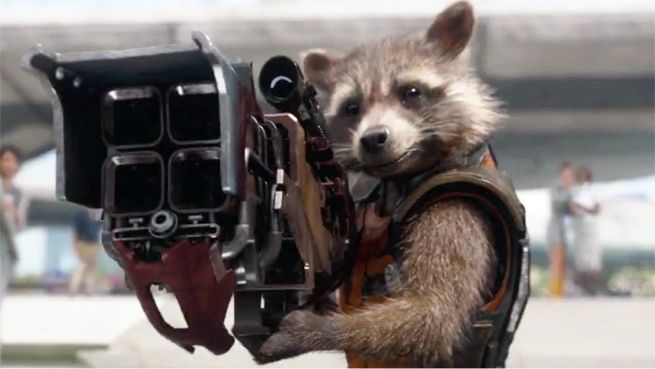
Of course, Pacific Rim opened in the height of the summer movie season and, in spite of a choice release date and a passive publicity campaign, it generated just $37 million in its opening weekend and came in second to an Adam Sandler movie. Domestically, it generated just $101 million — that means it would take a catastrophe for Guardians not to have caught up to it by next week (more likely midweek). Pacific Rim would ultimately make its not-insignificant budget back, but take so long doing so that many felt a sequel was a lost cause.
I could do a whole piece on what Guardians did right that other films didn’t, starting with Pacific Rim (the world-building was great but many viewers have noted that it’s hard to care about those characters) and winding through a recent list of genre flops like John Carter and Lone Ranger.

Of course, what makes Guardians work where any number of similar films (or at least films that play in similar areas of cinema and fiction) fail is more than just the vaunted Marvel hype machine.
Part of it is Gunn’s attention to detail, the earnestness of the script and how the characters are effortlessly likable.
One of the biggest challenges facing filmmakers hoping to build a franchise — whether it be comedy, action or otherwise — is that they make the characters likable in the wrong ways.
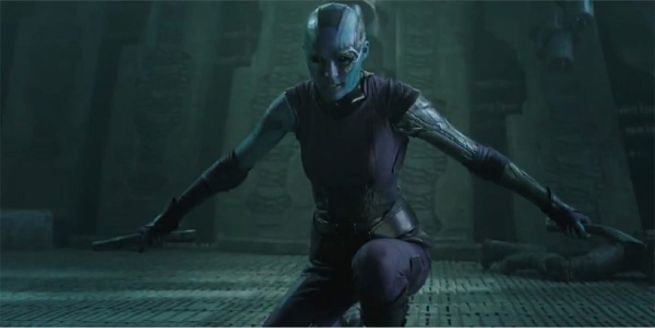
Take a look at two fairly recent Disney failures in this regard: John Carter and The Hitchhiker’s Guide to the Galaxy. Like Guardians, they each had rabid fan bases eager for the films to be good — and they even had a sizable chunk of that audience who insisted the films were good. Where they went wrong, in some ways, was pandering to the lowest common denominator in order to set the stage for sequels.
I’ve seen one person I know accuse Guardians of the Galaxy of doing this, and I just don’t see it. It took a while to introduce characters, because there were so many of them and, unlike The Avengers, they didn’t have the benefit of lead-in solo features. That doesn’t mean it was all setup, though. Gunn, and Nicole Perlman, writing this film, seemingly understood that it wasn’t Captain America, it was Guardians of the Galaxy. A sub-$30 million opening weekend or a sub-80% score with test audiences would likely have killed any franchise potential for the film. So the setup and character-building doesn’t feel merely like world-building for the sake of world-building. Instead, it’s organic to the plot, as Star-Lord — even 26 years into being a space rogue — doesn’t know a whole lot outside of his little bubble of personal experience and is learning on the fly.

The humor is the same way; what worked for Iron Man and The Avengers has as often as not been a liability in the Marvel Cinematic Universe. Thor did alright with it, excepting some particularly silly or annoying bits, but when they doubled down on it for Thor: The Dark World, it really fell flat and felt like somebody had read a dark and serious script and given back notes, “Make a joke here!” Iron Man 3 wasn’t quite that bad, but much of the humor still didn’t really feel right (and they gave him an annoying kid sidekick). It was a necessary balance to find here, since Guardians of the Galaxy has more humor than any other Marvel film, but it works: they even made some really dumb jokes like Drax’s too-literal interpretations of things fly.
The film’s action is an oddity among superhero movies. In an age where so many people have complained about the “disaster porn” in movies like Man of Steel but given Marvel Studios a pass because their lighter, less realistic tone seemingly insulates the characters from serious consequences, Guardians subverts both somewhat to set its own tone and find its own middle ground.
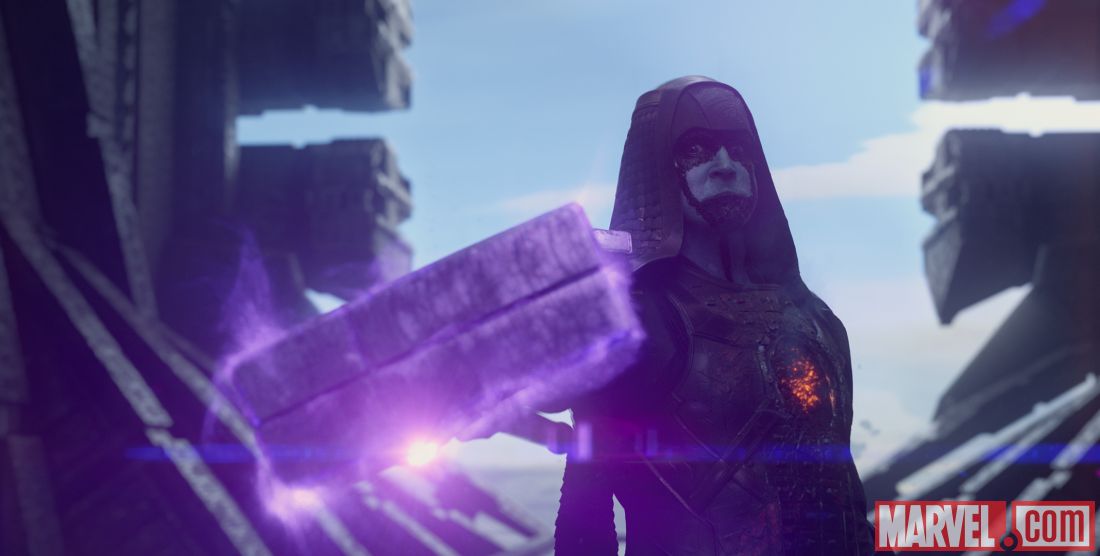
Totally evacuated? Obviously not, since we see people standing around the periphery during the climactic battle between Ronan and the Guardians. Still, it seems the movie wants us to know that it’s aware of the cost of superhuman combat, and doing its best to mitigate that cost. It helps contribute to an Indiana Jones-like tone that while the good guys can sometimes shrug and shoot some guy for comic effect, it doesn’t come off as callous or fascist or any of the other things people sometimes accuse superhero stories of being.
And, yes, I think that little bit helps. Man of Steel‘s critics have often been met with the counterargument that the 24-hour warning that Zod gave the city obviously allowed time for Metropolis to be largely evacuated and that civilian casualties would therefore have been limited (most of who we actually see in the city during that last battle are cops, soldiers and reporters — three classes of people likely to hang back after the evacuation). The critics will then note, basically, that nobody ever said any such thing onscreen and that making such an assumption is giving the movie a lot of credit. It’s likely not a coincidence that one of the next Marvel movies included such dialogue.
The movie works because it manages to successfully take Marvel’s formula and turn it on its head without breaking it. It was better-marketed than almost any film in recent memory, meaning that audiences largely knew what they were getting into, and simply better-executed than many recent films where the promotion was perhaps just as on-the-nose.




